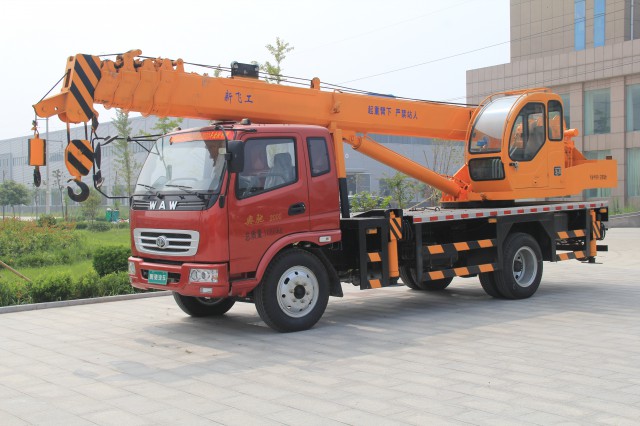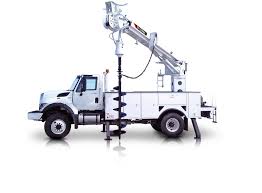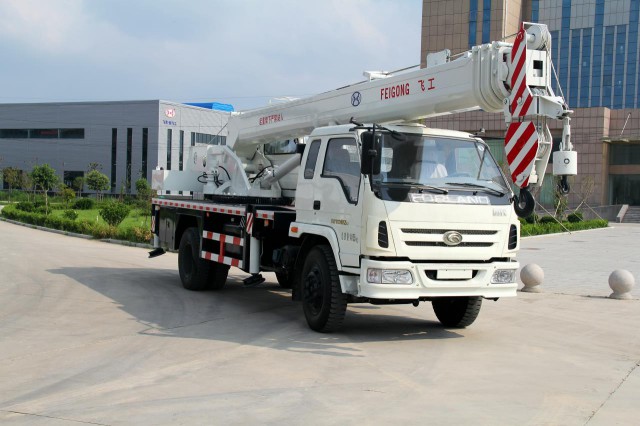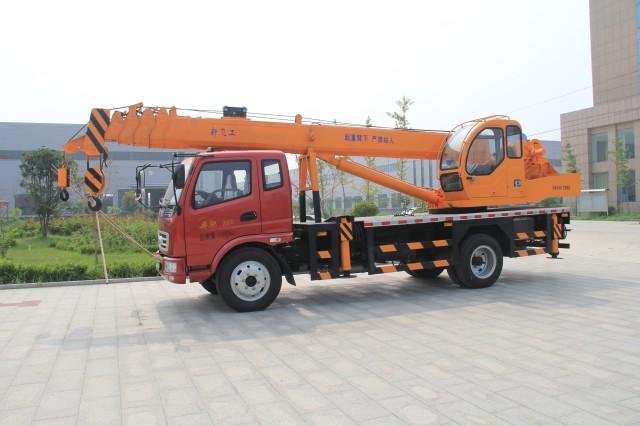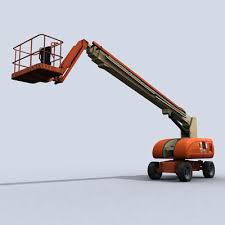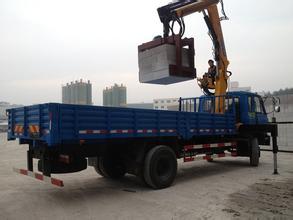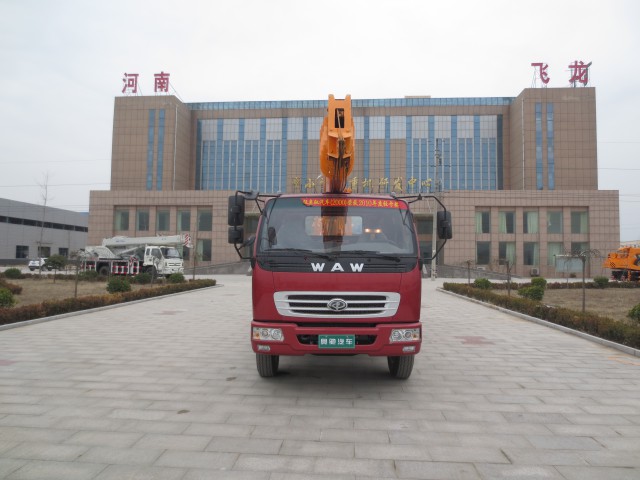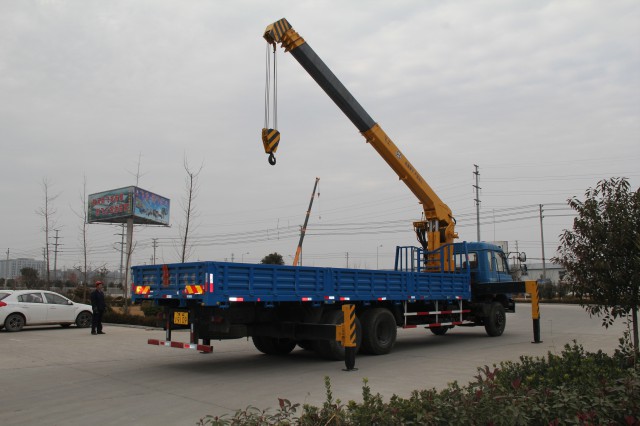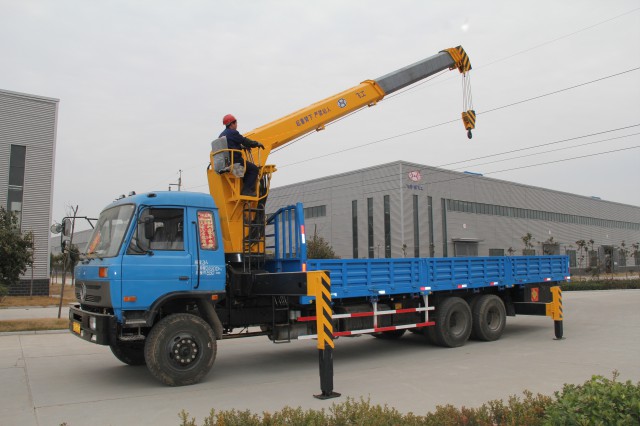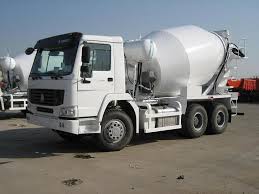The construction industry is set to explode over the next 8-10 years, which means the need for heavy equipment operators will also increase. The operation of heavy equipment is a skill that requires the right training in order for the operator to fully understand the machinery. Heavy machinery is used in a variety of industries including construction, mines and ship yards as well as a variety of several other unique and high paying careers.
Heavy Equipment Training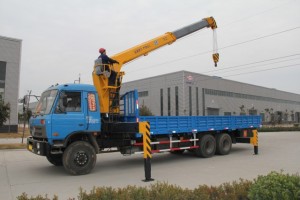
Students enrolled in training learn a variety of important aspects of working with heavy machinery. Training includes safety practices associated the operation of machinery such as tractors, bulldozers, excavators and cranes. Students enrolled in this type of training program will gain the knowledge necessary to operate, manage and repair equipment. Although a formal education is typically not required for a career in the operation of heavy machinery, it is highly recommended as many employers are becoming stricter in their policies regarding training prior to being hired for employment.
This training does not require a long-term commitment for students and the rewards are high. The basic qualifications for heavy equipment operator training can typically be obtained in as little as six months for the operation of equipment such as dump trucks, backhoes and other equipment. Advanced qualifications may take slightly longer; however, students will obtain advanced knowledge in the operation of larger equipment, such as cranes.
There are a variety of training facilities that offer training such as a career school and many contractors offer new employees the opportunity to learn through in-house programs. An in-house program provides training to employees with extensive hands on learning and students will earn an income during training. The in-house programs are also beneficial, in that the student is typically guaranteed a lucrative position following their training.
Vocational and career schools that offer training provide students with several options of certification. When students obtain training through a vocational training school they will typically receive a certificate upon completion of the program. Courses include both classroom topics as well as hands on experience. The courses cover numerous subjects such as basic surveying, earth moving and construction safety. During the hands on training students will be trained on the equipment which involves both the maneuvering of the machines as well as repairing procedures. A certificate program generally includes training for backhoes, tractors, graders, loaders and other pieces of heavy equipment.
Following the training, educational programs require students to obtain a commercial driver’s license (CDL). A commercial driver’s license examination extensively covers maneuvering regulations and drivers safety. Taking and passing the CDL examination is an assurance that students have the practical skills and technical knowledge required to operate heavy machinery. Following the completion of training for the operation of heavy equipment and receiving a CDL, students will have the knowledge required for demonstrating to potential employers their ability to handle work duties relating to every day operations.
After obtaining training, the qualifications will set you apart from thousands of other employees in the construction industry as well as provide more career opportunities. Heavy machine operators tend to have qualifications for the operation of several different pieces of equipment, allowing for more job opportunities and a lucrative salary.
There are several types of heavy equipment training options available, so it is important to choose an organization that is an accredited heavy equipment school. Training schools for heavy equipment typically hold an accreditation through the National Association of Heavy Equipment Training Schools (NAHETS). Schools that hold this accreditation have a number of excellent features such as advanced facilities, specific dedication to the training for use of heavy machinery, large training areas, career resource centers and job placement. Most training facilities offer a variety of training options including the style of study and the specific field in which students have a career interest. For example, students may select from career fields such as excavation, paving equipment operator, bridge work, and loader operator, flushing truck, side boom operator and more.
Before enrolling in training, it is important that the student be aware of requirements for this type of career, such as often being required to work in conditions with a level of high noise. However, the compensation for a career in heavy equipment operations is very lucrative. Although the majority of heavy equipment schools offer students job placement resources following their training, it is important to keep in mind that schools vary in their training options. Some schools also offer students the opportunity to study the coursework at home, followed by hands on training at a local facility, whereas other schools may require students to attend a training facility for both the classroom work as well as the physical training.


